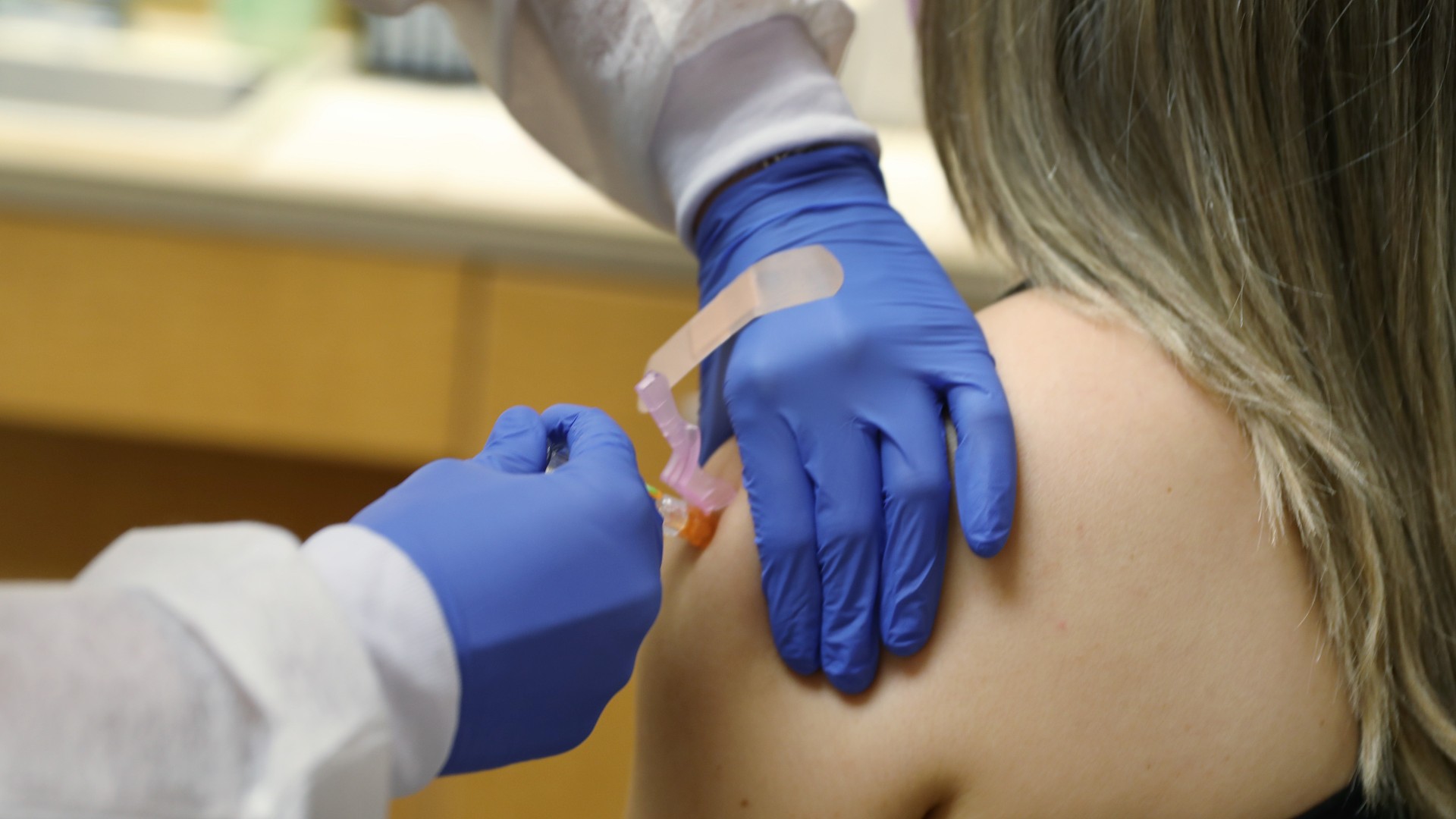03:39

A new study has revealed that COVID-19 antibody levels fall in just a matter of weeks after a person is infected with the virus.
Scientists at Imperial College in London tracked antibody levels in 365,000 randomly selected adults to examine whether people could become immune to the virus after infection.
At the start of the pandemic there was hope that populations could develop herd immunity, meaning that large numbers of people would be immune to COVID-19 after being infected.

The University of Birmingham's Karol Sikora told CGTN that the results of the study were unsurprising but hopes immunity could come from other sources.
He said: "We've known this since the beginning and indeed, every week Public Health England published a survey of antibody levels in various communities. They come to a maximum six weeks after infection, and then they fall.
"But we also know that other immune mechanisms kick in, including T cell immunity, lymphocytes, and white blood cells that target the virus and various other things, but we know less about these other immune mechanisms than we do antibodies at the moment."

Countries across the world are working on a COVID-19 vaccine that they hope will eventually bring an end to the pandemic. /AFP
Countries across the world are working on a COVID-19 vaccine that they hope will eventually bring an end to the pandemic. /AFP
Countries across the world are working on a COVID-19 vaccine that they hope will eventually bring an end to the pandemic but Sikora says people may have to be vaccinated multiple times before worldwide immunity is achieved.
He added: "We won't know whether these vaccines are actually working in reality for some time. We know they stimulate the immune response. [There is] very clear cut data from Oxford, from Imperial, from the United States.
"What we don't know is how protective they are out there in the wild where the virus is there. Do they actually protect the patients sufficiently?"